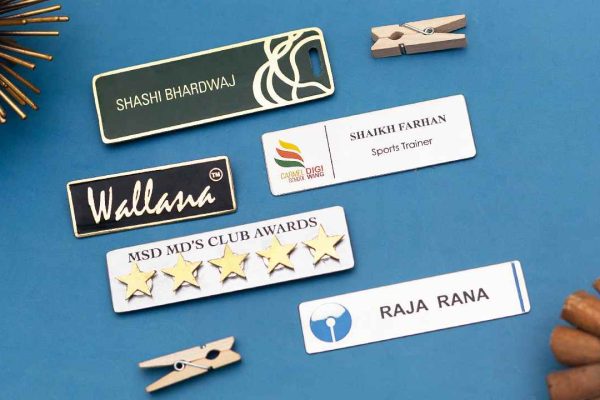Executive coaching is a process that helps high-level managers build up important skills and traits. It can also help them develop the pillars of effective leadership.
Good coaches know how to create trust and foster a growth mindset. They also know how to communicate effectively. Here are five essential skills that executive coaches must have to be effective.
Listening
One of the most important coaching skills is listening. Effective coaches listen to their client’s concerns and support them without judgment or bias. This is especially important when it comes to providing constructive feedback.
The best executive coaches demonstrate professionalism and reliability, keeping their word and following through with their commitments. They also show empathy and consideration, making executive coaching sessions more meaningful for the coached executives.
Coaches should be curious and ask questions allowing their coached executives to identify their challenges from new perspectives and seek solutions. This requires active listening, which involves shutting out distractions and being completely present in the moment. It also includes listening for nuances, body language and tone of voice, which helps coaches understand the full message.
Empathy
People with high levels of empathy tend to show sensitivity to others, unconsciously picking up on their emotions and non-verbal cues. Cognitive empathy, which involves understanding another person’s emotional state, is also a key component of good communication and interpersonal skills.
Sympathy and empathy differ; sympathy concerns others, while empathy involves a deeper connection. Some experts suggest that the distinction between empathy and sympathy might be linked to differences in how individuals respond to different types of social stress.
Empathetic leaders can understand and consider their team members’ perspectives, building personal connections without judgment or bias. This is critical to creating an environment where people feel comfortable sharing.
Communication
A good coach knows how to formulate a message and convey it appropriately. They can use empathy to help their clients understand the letter, making it easier for them to move forward and not feel defeated.
They can also encourage their clients to set SMART goals that are specific, measurable, attainable, realistic and time-based. This helps them to explore their strengths, focus their efforts and become more motivated to succeed.
A great coach can also be creative with their approach to each client and reframe problems as solutions. They can do this by using various tools like worksheets, journaling and questionnaires to provide a personalized process for each client. This demonstrates that they truly care about their clients and want to see them succeed.
Facilitation
Facilitation involves helping groups converse and collaborate productively. It also includes grounding discussions and processes in a set of agreed-upon facts. This is especially important when conversations are based on assumptions, misinterpretations, flawed information, or rumors—which can derail productive discussions, cause confusion, or render a problem-solving activity or decision-making process less effective.
For example, when a group discusses student behavior and disciplinary policies in their school, facilitators often provide data on discipline rates to help participants understand larger trends and contextualize the impact of different approaches.
Practicing this skill requires patience. For instance, when a disruptive participant monopolizes a meeting, it takes great patience to politely yet firmly confront them and remind them of their role in the discussion.
Accountability
One of the most important skills a coach can have is accountability. This includes completing tasks, delivering timely results, sharing constructive feedback, and resolving conflict. It also means respecting your team’s ideas and responsibilities.
Coaches must recognize when they need to meet these requirements and act accordingly. For example, if an executive needs to meet expectations, suggest they look at their communication style and approach. Being transparent and forthright in communications helps create a sense of trust within teams, ultimately improving company performance. It’s a win-win situation for everyone involved!





